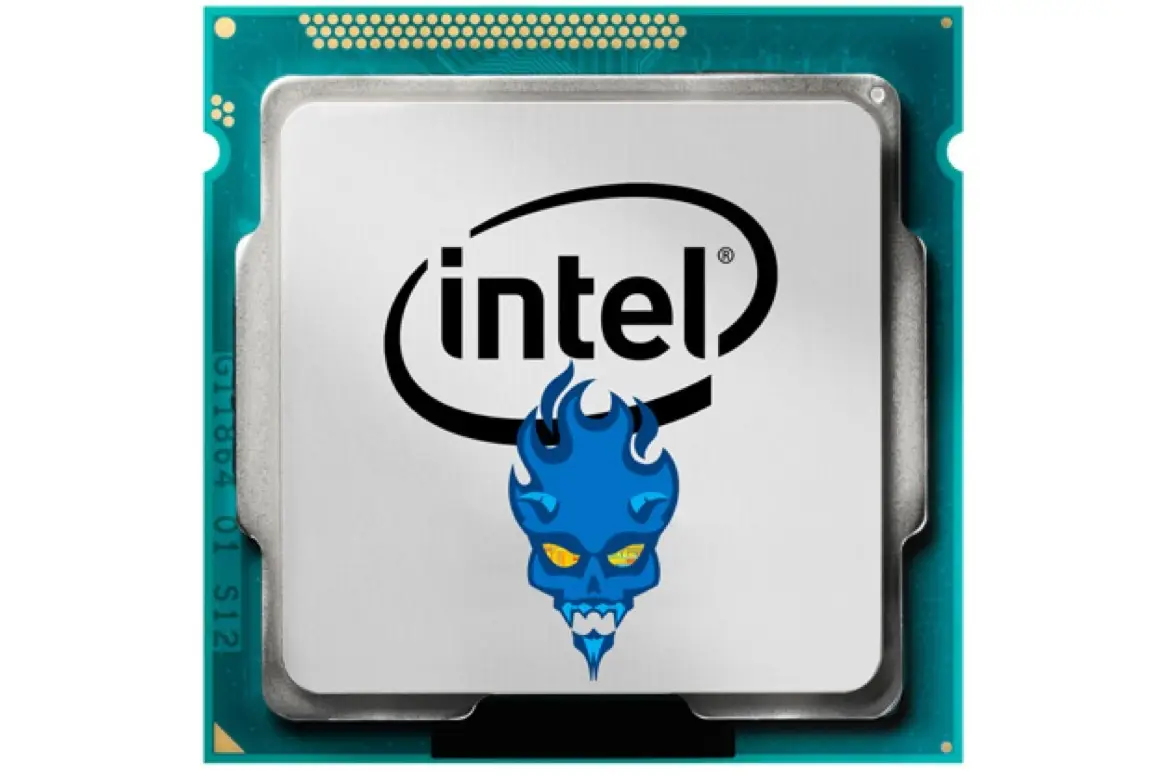As technology advances at a rapid pace, it’s natural for computer enthusiasts and professionals to question the longevity and performance of older hardware. One such processor that has stood the test of time is the Intel i7-4790K. In this article, we will delve into the question, “Is Intel i7-4790K still good?” by examining its background, performance, and implications. Whether you’re an avid gamer, a content creator, or simply someone curious about the lifespan of processors, this article aims to provide you with valuable insights and help you make informed decisions.
Background of the Intel i7-4790K
The Intel i7-4790K, released in 2014, was part of the 4th generation of Intel’s Core processors. It marked a significant milestone in terms of performance and power efficiency, boasting a base clock speed of 4.0 GHz, Turbo Boost up to 4.4 GHz, and hyper-threading capabilities. At the time, it was highly regarded and catered to the needs of gamers, multimedia professionals, and power users.
Performance and Reliability
The i7-4790K continues to offer respectable performance even in today’s landscape of more advanced processors. With its quad-core design and hyper-threading, it can handle demanding tasks such as video editing, 3D rendering, and gaming. While it may not match the raw power and efficiency of newer CPUs, it remains a solid performer for everyday computing and moderate multitasking.
Gaming, in particular, is an area where the i7-4790K still shines. Paired with a capable graphics card, it can handle most modern games at 1080p resolution with smooth frame rates. However, for more demanding titles or higher resolutions, it may start to show its age and struggle to maintain high performance.
When it comes to reliability, the i7-4790K has a proven track record. Being a mature processor, it has undergone extensive testing and refinement, making it a stable and reliable choice for users who prioritize consistency over bleeding-edge technology.
Implications and Considerations
While the i7-4790K can still hold its ground in many scenarios, there are certain implications to consider when deciding whether it is suitable for your needs:
- Upgrade Limitations: The i7-4790K utilizes the LGA 1150 socket, which means it is not compatible with newer motherboard platforms. This limits your options for future upgrades, as you may need to invest in a new CPU, motherboard, and RAM if you want to stay up to date with the latest technologies.
- Power Consumption: Compared to newer processors built on more advanced architectures, the i7-4790K can be relatively power-hungry. If energy efficiency is a priority for you, it may be worth considering a newer CPU that offers improved performance per watt.
- Technological Advancements: Over the years, advancements in CPU architectures have brought significant improvements in performance, efficiency, and features. Newer processors offer higher core counts, faster clock speeds, and better support for emerging technologies like PCIe 4.0 and DDR4 memory. If you require the latest features or plan to tackle resource-intensive tasks, upgrading to a newer CPU may be more beneficial.
Conclusion and Call to Action
The Intel i7-4790K, despite its age, still holds its ground as a capable processor for various computing tasks. Its performance in gaming and everyday computing remains respectable, and its reliability is a testament to its maturity. However, it is important to consider the limitations and implications discussed.
If you currently own an i7-4790K and are satisfied with its performance for your needs, there is no immediate urgency to upgrade. However, if you are a power user, a gamer seeking higher frame rates, or someone eager to embrace the latest technologies, exploring newer CPU options might be a wise decision.
To stay informed about the latest advancements in CPU technology, keep an eye on reputable tech publications and forums. When the time comes to upgrade, consider consulting with experts or visiting your local computer hardware store for personalized advice based on your specific requirements.
Remember, technology evolves rapidly, and what is considered “good” today may be surpassed tomorrow. Ultimately, the decision to upgrade should be based on your individual needs, budget, and long-term goals.
